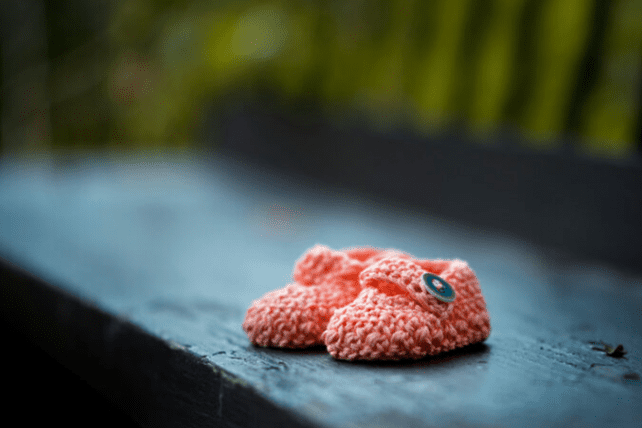Straka decided to donate the embryos to research and gave the facility her credit card number to pay a processing fee. A few months later, the facility told her there had been a delay in processing the disposition of the embryos. In the meantime, Straka said, her credit card had been canceled — and the facility called to ask for a new form of payment.
By that time, Straka had changed her mind. Instead, the couple decided to send the embryos to the National Embryo Donation Center, a Christian group in Knoxville, Tennessee.
Some of their embryos went to a couple in Ohio, whose two sets of twins are now biological siblings of Straka’s kids. “They send us pictures and videos all the time and we marvel at how much their kids look like our kids,” she said.
Dena Davis, an emerita professor of religion at Lehigh University who taught bioethics, has long thought about the ethical status of embryos. In 2006 Davis wrote about what she called “the puzzle of IVF”: the fact that some people oppose abortion because they believe an embryo is a person and yet they support IVF, which often results in destroyed or abandoned embryos.
Davis suspects that it comes down to empathy: Abortion foes are more likely to be rooting for an infertile couple trying to get pregnant via IVF than for a woman who is considering having an abortion. Even same-sex couples who use IVF to start a family, she said, are doing something conservative religious people who oppose abortion approve of.
“That is at the heart of conservative religious understanding of how the world works,” she said. “You get married, you have kids,” she said.
Davis made a similar argument in her 2006 essay.
“In contrast to women seeking abortions, people seeking IVF are fulfilling relatively traditional family roles,” she wrote. “Although some will be lesbian and others will be single women, most are likely to be married, and they obviously have devoted a great many emotional and financial resources to the goal of having children.”
There is also likely a personal side. Because IVF is more commonly discussed by those going through it, many Americans realize they know someone who is getting assistance to start a family. As a result, they are likely to feel empathetic or see IVF in a positive light.
Jeffrey Keenan, director of the embryo donation center, said the Alabama ruling, or any legislation passed in the wake of it, will have little effect on the center’s work. “We don’t anticipate that any national or state legislation would affect us,” he said.
Founded in 2003, the center has accepted thousands of donated embryos from infertile couples, which have yielded more than 1,400 babies. The center plans to hold a celebration this summer for an anticipated 1,500th birth. Some of the donated embryos date to the 1990s.

